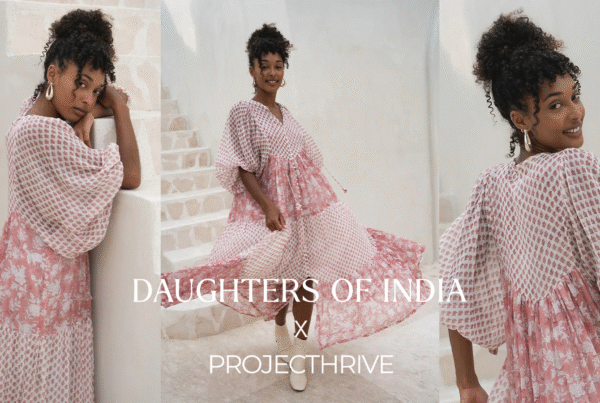Fair Trade: A Transparent Path to Ethical Fashion
Fair Trade certification is governed by various auditing bodies, depending on the organization type. For manufacturing facilities worldwide, an American governing body offers factory certification.
Sonica Sarna, founder and CEO of global sustainability consultancy Sonica Sarna Design, and a long-time advocate of Fair Trade practices, encourages brands to begin by exploring its 10 universal governing principles.
How Certified Factories Empower Workers
“In a manufacturing setup, when a factory earns Fair Trade certification, the brand contributes a percentage of the product price toward worker welfare,” Sarna explains. These funds are deposited into a separate bank account and managed by a democratically elected worker committee. In one example, the committee chose to purchase home-sewing machines, reflecting the collective desire of the workers.
Furthermore, Sarna adds, “Any brand working with us sets aside a portion of its budget to support workers directly. This approach promotes welfare, autonomy, and empowers workers to pursue goals they choose themselves.”
Why Fair Trade Is the Future of Global Trade
Sarna believes Fair Trade certification is essential for the future of ethical commerce. “Most of what we consume comes from unseen workers in poor or underrepresented communities,” she says. As a result, Fair Trade gives these workers a platform to voice their needs and demands.
In addition, she emphasizes that many consumers want to follow ethical practices but lack insight into the production process. Fair Trade bridges that gap. It assures buyers that their clothing wasn’t made in sweatshops and helps reduce human rights violations and cultural appropriation throughout production.
Credit : https://www.deccanchronicle.com/lifestyle/fashion-and-beauty/031223/salmans-conscious-call-for-a-fair-deal.html





